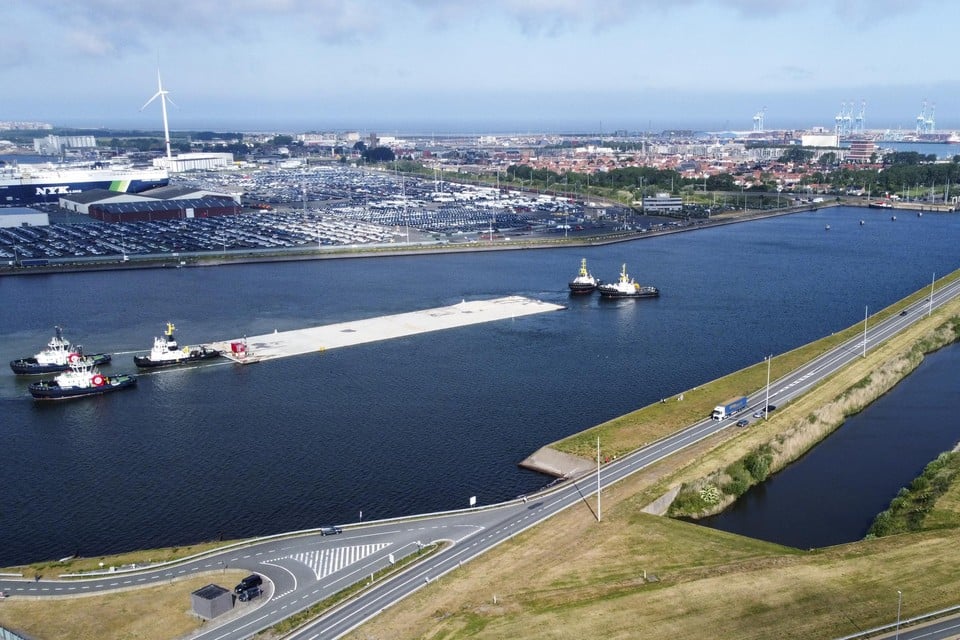Therefore, Apple will not build the next iPhone in the USA

Start manufacturing iPhones in the United States, or look forward to an import duty of 25 percent. That message gave Donald Trump last week the technology giant Apple. As with many of the president’s customs threat, there is no detail, other than that such customs could come into force for the summer and probably also apply to other mobile manufacturers such as Samsung.
Already fourteen years ago, the then President Barack Obama asked Apple founder Steve Jobs during a dinner with Silicon Valley’s dignitaries-why could the American technology wonder not produce its pioneering mobile phones in the United States?
The answer he got was that the jobs that had then seeped out of US borders for a decade would not come back, which is exactly what happened.
Apple reports some 170 companies which supports production with everything from raw materials to final assembly. Of them, only 26 performs any form of production in the United States on behalf of Apple. It is roughly in line with what it looked like before the Coronapandemia temporarily stocked to the deliveries.
It is not just a matter of major differences in salaries and working conditions between the US and China, although it is part of the explanation.
An even bigger problem is perhaps that the United States lacks the infrastructure required to produce technology products on the scale that Apple needs. It is partly about a lack of labor with the right qualifications, but also something as simple as decades of production in Asia have built up delivery chains that are not easy to replicate elsewhere.
When a subcontractor began Produce premium computer Mac Pro in the United States in the early 2010s, they quickly encountered problems. The production was plagued by quality deficiencies, and it was not possible to get enough of the special screws needed to assemble the computers. Instead, they had to be purchased – from just China. Just one year after the factory opened, the company began to terminate staff.
Even before last week’s customs threat, it was clear that the Trump administration’s trade policy risks pushing the prices of Apple’s products significantly. It is therefore before the last customs threat has even been included.
But even a duplication of manufacturing costs fades in compared to what analysts predict that a completely American production chain would cost. Dan Ives, one of America’s most regarded technology analysts, tips that the sale price could triple and describe the dream of an Iphone made in the United States as « a fairy tale ».
He is far from alone about that description. A largely unanimous analyst choir has cut the hopes for Apple’s return to the United States as investments would simply be too large.
Apple has already promised Creating 20,000 jobs in the United States during Donald Trump’s current term of office. But they are not expected to be the kind of middle -class job in the industry that the president hopes for. Instead, they appear to end up in India, where Apple is investing heavily as the available workforce is massive and flexible, but the political relationship with the United States is less sensitive than in China.
So far, the latest customs threat has given limited pressure on Apple’s share price. This indicates that investors see it as a negotiating tag rather than a hard -working requirement.
For example, Trump could settle for the technology giant promise to increase its investment in semiconductor production in the United States. Meanwhile, the company could parry increased tariffs in investing in its more expensive telephone models, where margins are higher.
But a massive build -up of the kind of manufacturing industry that Donald Trump dreams of learns Tim Cook not deliver.
Read more:








